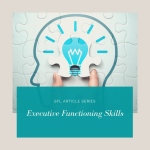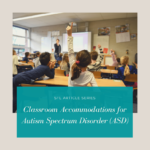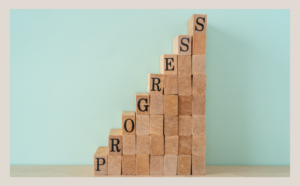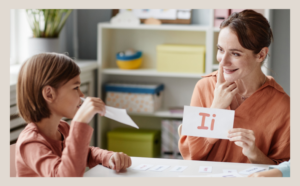No products in the cart.
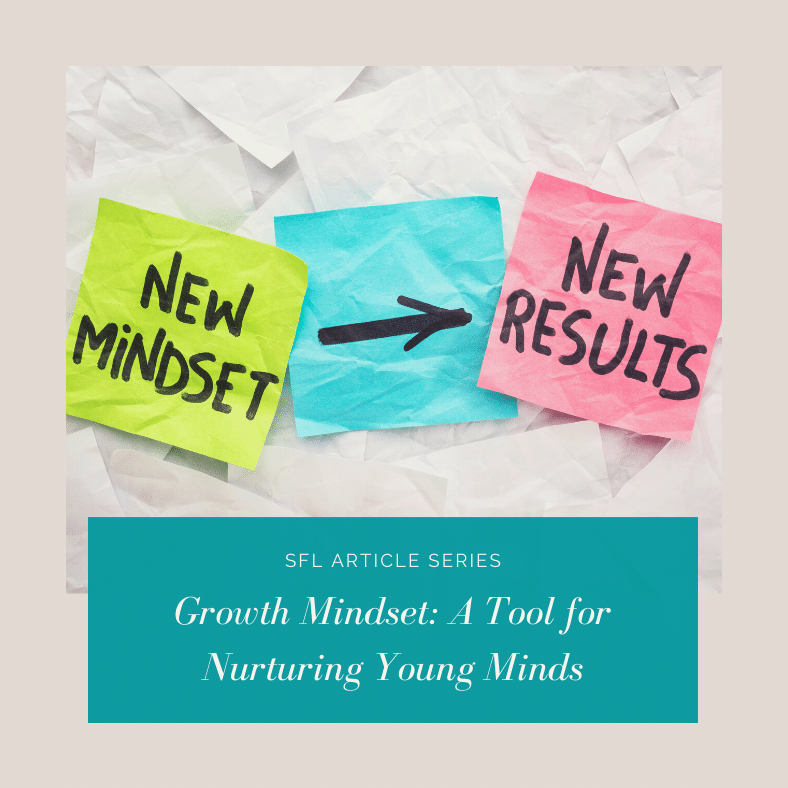
Are you familiar with the phrase “Attitude determines altitude”? If you’re a parent or educator, this mantra could be the game-changer you’ve been searching for. Growth mindset has been a concept studied and backed by research in the world of psychology. Let’s dive into how this tool can impact a student’s motivation, academic performance, and adaptability in today’s evolving world.
What is a Growth Mindset?
A growth mindset, as defined by renowned psychologist Carol Dweck, is the understanding that intelligence and talents can be developed. It’s about embracing challenges, persisting through setbacks, and viewing effort as the path to mastery. This mindset is the antidote to a fixed mindset, where individuals believe their abilities are set in stone.
The Power of ‘Yet’
In my years of experience as an educator, I’ve witnessed the magic that unfolds when students adopt the word “yet.” Transforming a fixed mindset into a growth mindset begins with acknowledging that we may not have mastered a concept “yet.” This simple shift in perspective can ignite hope, resilience, and motivation. It’s about embracing the journey of continuous improvement.
Why is a Growth Mindset Important?
Research suggests that a growth mindset significantly enhances motivation, productivity, and academic performance. It’s a vital skill in today’s rapidly evolving world, where adaptability and continuous learning are keys to success.
Metacognition and Growth Mindset: A Dynamic Duo
Strengthening metacognition ties closely with cultivating a growth mindset. Metacognition is the ability to self-reflect, learn from our mistakes, and develop resilience. It is also the common thread for all other executive functioning skills that are essential for success in school and beyond. Students who have strong metacognition will be more willing to take risks, think flexibly, more easily develop new and positive habits, have a better understanding of their strengths and weaknesses, and have a strong growth mindset.
The Role of Educational Therapy in Nurturing Growth Mindset
At Strategies for Learning, we go beyond teaching content. We cultivate an environment where challenges are seen as opportunities, mistakes are stepping stones to success, and every small victory is celebrated. Our individualized sessions tailor the learning experience to each student’s unique needs, reinforcing the idea that everyone can excel with the right mindset. Learn more about the educational therapy model and how we support students to grow in confidence and independence.
Neuroplasticity: The Brain’s Superpower
Neuroplasticity, the brain’s ability to reorganize itself throughout life, is an exciting finding in neuroscience research. It’s especially crucial for neurodivergent learners. By harnessing neuroplasticity and a growth mindset, we can motivate students to become lifelong learners. Watch this video that takes you on a journey into the brain and how learning happens.
The Role of Parents and Teachers
As stakeholders in a child’s educational journey, parents and teachers play a collaborative role in fostering a growth mindset. Collaboration between home and school is essential. It’s about creating a supportive and challenging environment that encourages children to push their boundaries, celebrating the process, praising perseverance, and emphasizing the inherent value of learning itself.
We hope this guide inspires you to foster a growth mindset in the young minds you nurture. Together, let’s empower the next generation with the tools they need to thrive in an ever-changing world.
Related Resources
Looking for Academic Support and other Educational Services?
You can schedule a free initial consultation to learn more about our services. We will listen to your concerns, answer any questions, learn about the student’s needs, and help guide you through our new student intake process.

